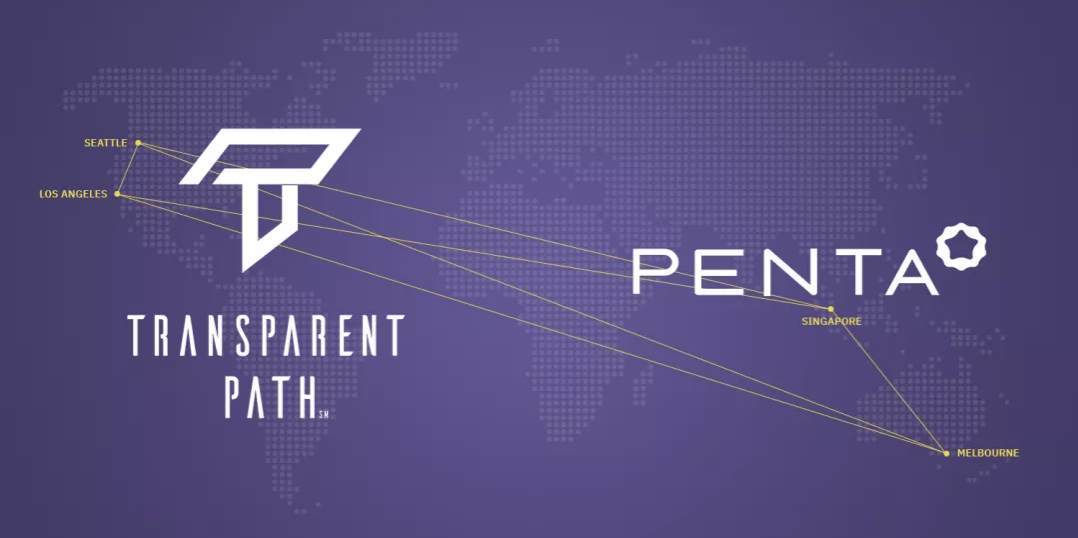 Bumble Bee, one of America’s largest food supply companies, has announced that they are partnering with SAP and using its cloud-based Blockchain technology platform.
Bumble Bee, one of America’s largest food supply companies, has announced that they are partnering with SAP and using its cloud-based Blockchain technology platform. Customers will be able to scan QR codes on the packaging with a smartphone to trace the journey of yellow-fin tuna when shopping, tracking the journey from the ocean to the shelf, providing traceability and so greater transparency and assurance that the fish is fresh and coming from sustainable sources – as they will know where and when it was caught.
Also in the USA Seattle-based Transparent Path, and Penta Network, from Los Angeles, have joined forces to offer greater traceability to shoppers and food producers. The aim is to quickly be able to track food supplies so reducing risks related to food-borne illnesses, and giving customers greater knowledge of how and where the food they are buying has been produced.
Such projects are becoming more and more common globally as consumers demand information of sustainability, provenance and higher food standards, especially in the light of an 83% rise in some meat and chicken product recalls over concerns around potential pathogens and food-based contaminants in the US last year.


